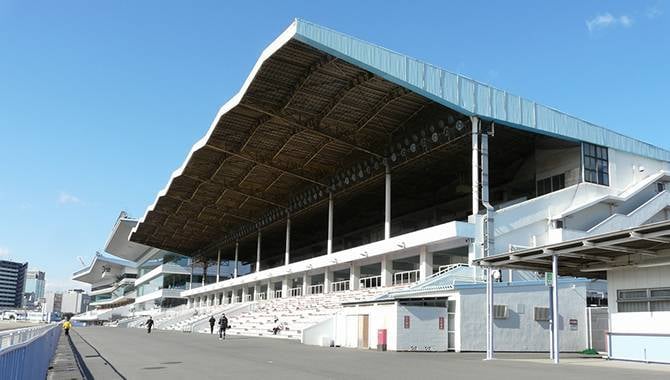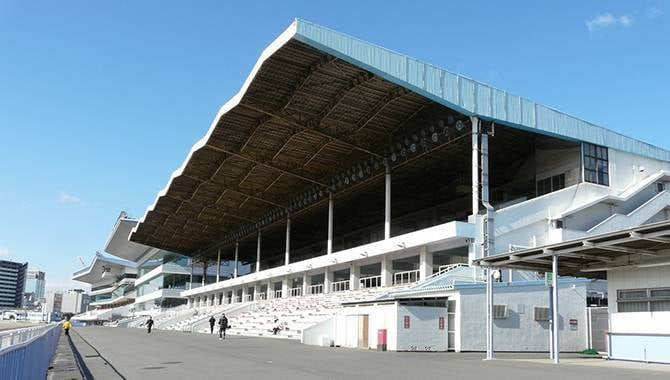
Horse racing is a legal gambling option in Japan, but most major races are usually hosted by the Japan Racing Association. Local races saw dwindling interest since the early 1990s, reported Japan Today, and many of the local racetracks were closed.
However, with the pandemic causing temporary suspension of many sporting events, the regional governments decided to take part in the boom in online betting, using local races to improve their finances with more tax revenues. “Horse racing can contribute to local finances and we consider it our mission,” said an official at the National Association of Racing.
Lack of spectators didn’t stop the players from betting on the races, and Kawasaki Racecourse (pictured) reported JPY91.1bn in revenue, 90% of which came from horse racing. “As the local governments have been facing financial challenges, we increased the amount of profits distributed to them, rather than reserving them as internal funds,” Yasuhiro Senda, secretary general of Kawasaki Racecourse, commented on the distribution of proceeds to the regional government.
Another prolific gambling option in Japan is the pachinko machines. The Ministry of Economy, Trade and Industry conducted a survey and found that pachinko parlour revenues reach approximately 75% of pre-pandemic levels. According to the survey, February sales per game machine were close to JPY301,000 ($2,760). Pachinko parlours were closed in spring 2020, but none of the proceeding states of emergency required the venues to actually close their doors again. However, with the ongoing pandemic and tighter gambling regulations, it’s unclear when the pachinko industry will recover fully.



